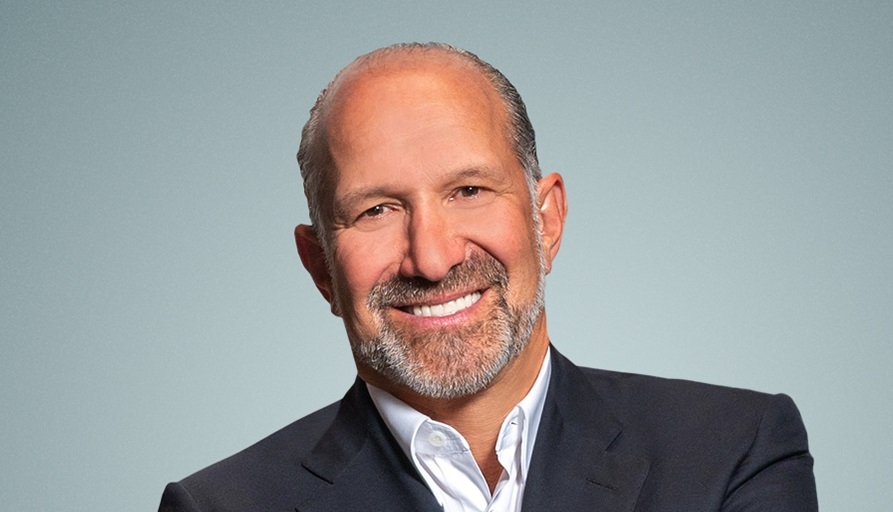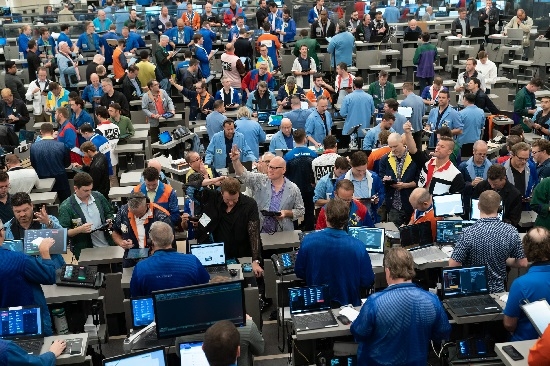Technology needed to address data challenges in ESG – experts

The mining industry needs to improve the use of new technologies to respond to data requirements from market users looking to update ESG targets
Existing Subscriber?
If you are an existing subscriber please sign in to read this article in full.
Sign InSign up for a free trial
Take a complimentary trial to the FOW Marketing Intelligence Platform and gain access to a wealth of news, analysis and data across the Asset Management, Securities Finance, Custody, Fund Services and Derivatives markets.
Sign up for a free trial



